
Rosemarie Magdalena Albach, known professionally as Romy Schneider, was a German-French actress. She is regarded as one of the greatest screen actresses of all time and became a cult figure due to her role as Empress Elisabeth of Austria in the Sissi trilogy in the mid-1950s. She later reprised the role in a more mature version in Luchino Visconti's Ludwig (1973). She began her career in the German Heimatfilm genre in the early 1950s when she was 15. Schneider moved to France, where she made successful and critically acclaimed films with some of the most notable film directors of that era. Coco Chanel called Romy “the ultimate incarnation of the ideal woman.” Bertrand Tavernier remarked: “Sautet is talking about Mozart with regard to Romy. Me, I want to talk of Verdi, Mahler…”
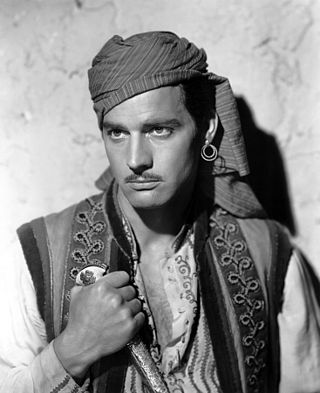
Paul Hubschmid was a Swiss actor. He was most notable for his role as Henry Higgins in a production of My Fair Lady. In some of his Hollywood films he used the name Paul Christian. He appeared in dozens of films and television series between 1938 and 1991. Many of these were German and International productions.
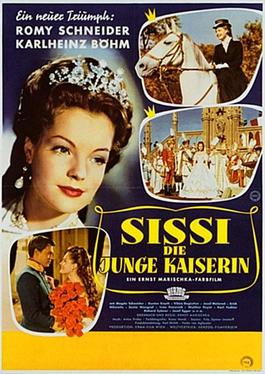
Sissi – The Young Empress is a 1956 Austrian film directed by Ernst Marischka and starring Romy Schneider, Karlheinz Böhm, Magda Schneider, Uta Franz, Gustav Knuth, Vilma Degischer and Josef Meinrad. It was entered into the 1957 Cannes Film Festival. It is the second film in the Sissi trilogy, following Sissi and preceding Sissi – Fateful Years of an Empress. This movie in three parts tells the famous story of the Empress of Austria best known as Sissi.
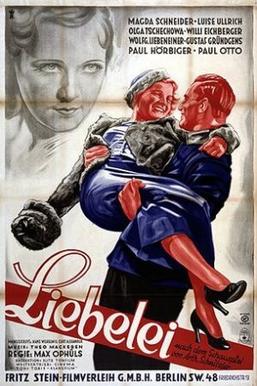
Liebelei is a 1933 German period drama film directed by Max Ophüls and starring Magda Schneider, Wolfgang Liebeneiner, and Luise Ullrich.
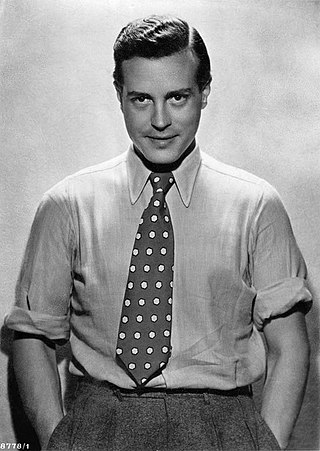
Wolf Albach-Retty was an Austrian actor. He was the father of Romy Schneider with the German actress Magda Schneider.

Christine is a 1958 French period drama film, based on the 1894 play Liebelei (Flirtation) by Arthur Schnitzler. The film was directed by Pierre Gaspard-Huit and the title character was played by Romy Schneider. The cast included Alain Delon as a young lieutenant.

Magdalena Maria Schneider was a German actress and singer. She was the mother of the actress Romy Schneider.

Géza von Radványi was a Hungarian film director, cinematographer, producer and writer.

Georg Thomalla was a German actor. He appeared in about one hundred fifty film and television productions between 1939 and 2000 and was widely known in Germany for his comedic roles.

That Won't Keep a Sailor Down is a 1958 German-Danish comedy-drama film directed by Arthur Maria Rabenalt and starring Karlheinz Böhm, Antje Geerk and Georg Thomalla. It was entered into the 1st Moscow International Film Festival.
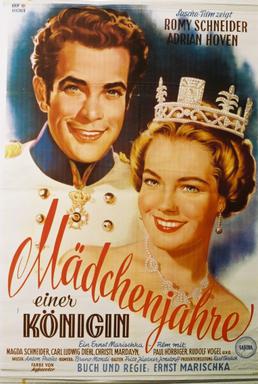
Victoria in Dover is a 1954 Austrian historical romantic comedy film directed by Ernst Marischka and starring Romy Schneider, Adrian Hoven and Magda Schneider. It is a remake of the 1936 Erich Engel film Victoria in Dover, which was based on a 1932 play by Sil-Vara. Schneider's performance as a spirited young royal was a lead-in to her best known role in Sissi and its sequels, although Marischka had originally intended to cast Sonja Ziemann as Victoria.
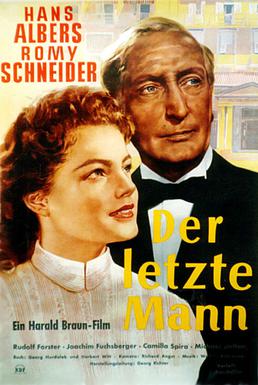
The Last Man is a 1955 West German drama film directed by Harald Braun and starring Hans Albers, Romy Schneider and Rudolf Forster. The film is a remake of the 1924 Weimar silent The Last Laugh, with the setting updated to post-war Germany.

The Chaste Libertine is a 1952 West German comedy film directed by Carl Boese and starring Georg Thomalla, Joe Stöckel and Grethe Weiser. It was based on a popular stage farce of the same title by Franz Arnold and Ernst Bach which had previously been turned into the 1931 film The Night Without Pause.

When the White Lilacs Bloom Again is a 1953 West German drama film directed by Hans Deppe and starring Willy Fritsch, Magda Schneider and Romy Schneider. It was shot at the Tempelhof Studios in West Berlin and on location around Wiesbaden in Hesse. The film's sets were designed by the art directors Alfred Bütow and Ernst Schomer.

My Aunt, Your Aunt is a 1956 West German comedy crime film directed by Carl Boese and starring Theo Lingen, Hans Moser and Georg Thomalla. Boese had previously made a 1939 film of the same title. It was shot in Agfacolor at the Bavaria Studios in Munich. The film's sets were designed by the art directors Hertha Hareiter and Otto Pischinger.

The Charming Young Lady is a 1953 West German musical comedy film directed by Georg Thomalla and starring Thomalla, Herta Staal and Gisela Fackeldey. It is in the operetta film tradition and is based on the 1933 stage work of the same title by Ralph Benatzky. It was shot at the Spandau Studios in Berlin and on location in the city including around Wannsee. The film's sets were designed by the art director Rolf Zehetbauer.

I Am Looking for a Man is a 1966 West German romantic comedy film directed by Alfred Weidenmann and starring Ghita Nørby, Walter Giller and Brigitte Horney.

The Seven Dresses of Katrin is a 1954 West German romantic comedy film directed by Hans Deppe and starring Sonja Ziemann, Paul Klinger, and Georg Thomalla.
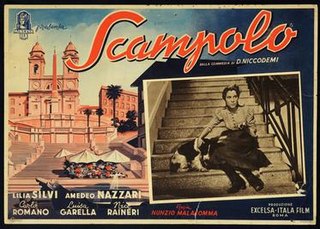
Scampolo is a 1941 Italian comedy film directed by Nunzio Malasomma and starring Lilia Silvi, Amedeo Nazzari and Carlo Romano. The story is based on a play by Dario Niccodemi which has been adapted for the screen a number of times.

Every Day Isn't Sunday is a 1959 West German comedy film directed by Helmut Weiss and starring Elisabeth Müller, Paul Hubschmid and Dietmar Schönherr. The title refers to a traditional song by Carl Clewing which features in the film.




















